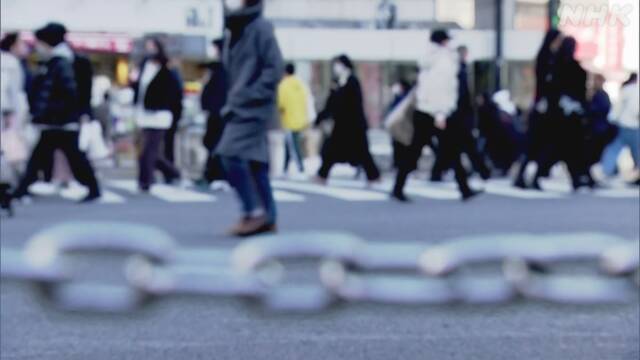The Ministry of Health, Labour and Welfare showed that as a result of analyzing the blood donated by the new coronavirus, 2.42% of people with antibodies caused by infection with the new coronavirus nationwide as of February this year. The prevalence of antibodies has increased by about 3 points since the survey last November after the eighth wave of infections.
The Ministry of Health, Labour and Welfare examined the blood of 2,16 people aged 69 to 1 who visited to donate blood in late February and analyzed the percentage of people with antibodies that can only be produced when infected with the new coronavirus.
As a result, the prevalence of antibodies nationwide was 3121.42%, an increase of about 3 points from 11.28% as of November last year after the eighth wave of infections.
By age group, 16.19% were 62 to 2 years old, 20.51% were in their 6s, and 30.52% were in their 2s or younger, which was more than one in two people in their 30s or younger, but the percentage was 2.1% in their 40s, 46.0% in their 50s, and 36.7% in their 60s.
By region, Fukuoka Prefecture had a high rate of 59.4% and Okinawa Prefecture had a high rate of 58.0%, while Iwate Prefecture had a high ratio of 27.4% and Fukushima Prefecture had a high ratio of 31.7%.
In addition, 42.2% in Tokyo, 50.2% in Osaka, and 51.8% in Aichi.
Takaji Wakita, chair of the expert meeting of the Ministry of Health, Labour and Welfare, said, "In Europe and the United States, the antibody prevalence rate exceeds 8% in some countries, and it can be said that it is still at a low level compared to those regions.

